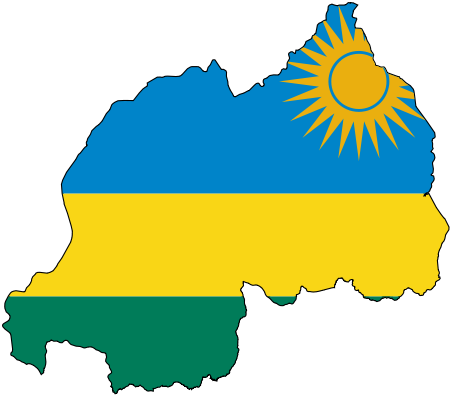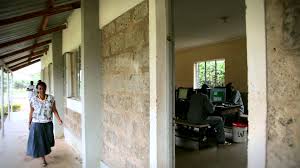Americans with Disabilities in the Criminal Justice System
The Americans with Disabilities Act (ADA) is a federal law that gives civil rights protections to individuals with disabilities in many areas of life.
The ADA guarantees that people with disabilities have the same opportunities as everyone else to enjoy employment opportunities, participate in state and local government programs, and purchase goods and services.
For example, the ADA protects people with disabilities from discrimination by social services agencies; child welfare agencies; courts; prisons and jails; medical facilities, including hospitals, doctors’ offices, and skilled nursing facilities; homeless shelters; and schools, colleges, and universities.
(U. S. Department of Justice, Civil Rights Division, April 2022).
The ADA protects people with disabilities from discrimination.
Disability rights are civil rights.
From voting to parking, the ADA is a law that protects people with disabilities in many areas of public life.
This includes the criminal justice system—from encounters with law enforcement to pretrial status, local jail, community supervision, and finally to prison and reentry.
Entities in each of these areas are required to adhere to the ADA.
How a correctional setting applies the ADA law and accommodates those with mental and/or physical disabilities could significantly affect the outcome for people with disabilities in the justice system.
The ADA guarantees that people with disabilities have the same opportunities as everyone else to enjoy employment opportunities, participate in state and local government programs, and purchase goods and services.
For example, the ADA protects people with disabilities from discrimination by social services agencies; child welfare agencies; courts; prisons and jails; medical facilities, including hospitals, doctors’ offices, and skilled nursing facilities; homeless shelters; and schools, colleges, and universities.
(U. S. Department of Justice, Civil Rights Division, April 2022).
The ADA protects people with disabilities from discrimination.
Disability rights are civil rights.
From voting to parking, the ADA is a law that protects people with disabilities in many areas of public life.
This includes the criminal justice system—from encounters with law enforcement to pretrial status, local jail, community supervision, and finally to prison and reentry.
Entities in each of these areas are required to adhere to the ADA.
How a correctional setting applies the ADA law and accommodates those with mental and/or physical disabilities could significantly affect the outcome for people with disabilities in the justice system.
Obtain Full Opportunity Text:
NIC website
Additional Information of Eligibility:
NIC invites applications from nonprofit organizations (including faith-based, community, and tribal organizations), for-profit organizations (including tribal for-profit organizations), and institutions of higher education (including tribal institutions of higher education).
Recipients, including for-profit organizations, must agree to waive any profit or fee for services.
Foreign governments, international organizations, and non-governmental international organizations/institutions are not eligible to apply.
Proof of 501(c) (3) status as determined by the Internal Revenue Service or an authorizing tribal resolution is required.
NIC welcomes applications that involve two or more entities; however, one eligible entity must be the applicant and the others must be proposed as subrecipients.
The applicant must be the entity with primary responsibility for administering the funding and managing the entire program.
Only one (1) application will be accepted from a submitting organization.
Full Opportunity Web Address:
http://grants.nih.gov/grants/guide/rfa-files/RFA-MH-14-010.html
Contact:
Agency Email Description:
Form and application information
Agency Email:
Date Posted:
2023-03-23
Application Due Date:
Archive Date:
2023-06-21
Social Entrepreneurship
Spotlight
Rwanda as Social Entrepreneur Fund Beneficiary

The Republic of Rwanda has been picked as one of the six African countries as beneficiaries for a new fellowship fund program designed at supporting social entrepreneurs in tackling issues on food security.

